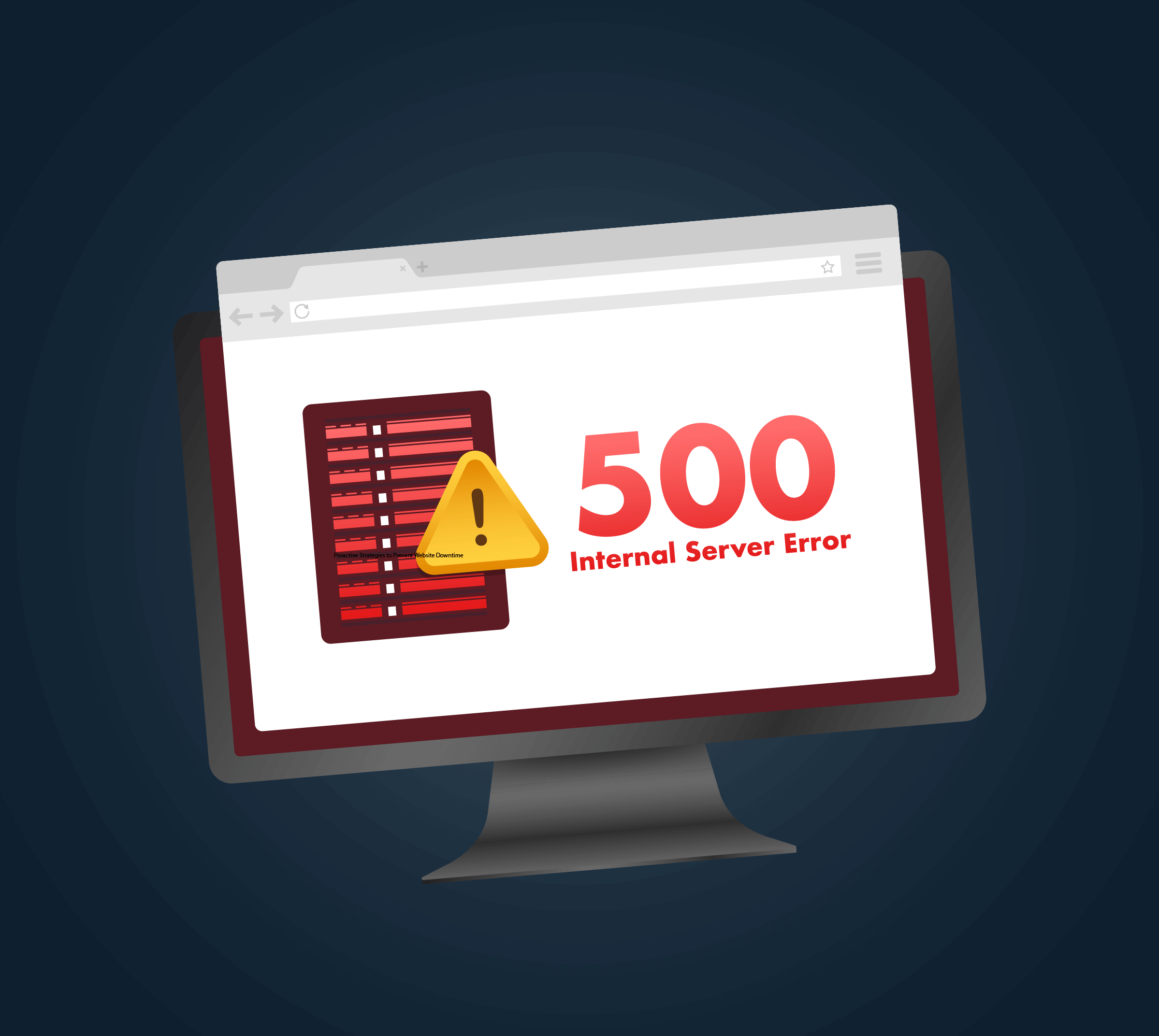
Website downtime can significantly impact any business, leading to lost revenue, damaged reputation, and decreased customer trust. Ensuring your website’s operational and accessible continuity is crucial in today’s digital-first world. Here are essential strategies to prevent website downtime:
1. Choose a Reliable Hosting Provider
The foundation of website uptime is a reliable hosting provider. Choose a host known for its uptime record and robust infrastructure. Look for providers offering excellent uptime guarantees, typically above 99.9%.
2. Regular Website Maintenance
Routine maintenance is critical in preventing downtime. This includes updating software, plugins, and themes and checking for potential issues. Keeping updates current ensures your site’s security and smooth operation.
3. Implement Effective Monitoring Tools
Use monitoring tools to track your website’s performance and health. These tools can alert you to issues before they cause downtime, allowing for prompt resolution.
4. Opt for Cloud Solutions for Scalability
Cloud hosting can provide more scalability and reliability than traditional hosting. Cloud solutions allow resource scaling based on traffic demands, preventing website crashes during peak times.
5. Employ Load Balancing
Load balancing distributes traffic across multiple servers to prevent any single server from becoming overwhelmed. This enhances website performance and reduces downtime risk.
6. Have a Backup and Disaster Recovery Plan
Maintain a current backup of your website. In case of significant issues, a recent backup ensures quick site restoration. Additionally, a disaster recovery plan is crucial for effective critical incident response.
7. Upgrade Hardware and Software Regularly
Outdated hardware and software can become liabilities. Regular upgrades ensure your website runs on the latest, most reliable, and secure technology.
8. Optimize Website Content
Heavy or unoptimized content can slow down your site and lead to potential downtime. Optimize images and content, and consider a content delivery network (CDN) to improve load times and reduce server strain.
9. Educate Your Team
Ensure your team knows the best practices for maintaining website health. Education and training can prevent accidental changes that might cause downtime. They should be aware of the Service Level Objectives for your website/application’s critical user path (the user’s main actions on your web solution).
10. Plan for Traffic Spikes
Anticipate and prepare for traffic spikes, especially during promotions or events. Advance preparation can prevent your website from going down when most needed.
Prevent website downtime
Preventing website downtime requires combining reliable hosting, regular maintenance, effective monitoring, and proactive planning. By implementing these strategies, businesses can ensure their website remains operational, providing a consistent and reliable online presence for their customers.
